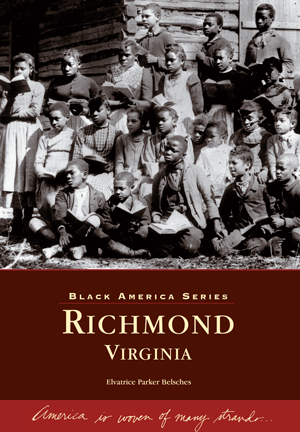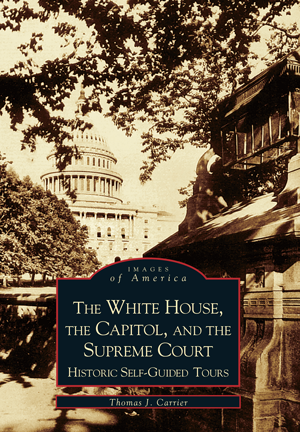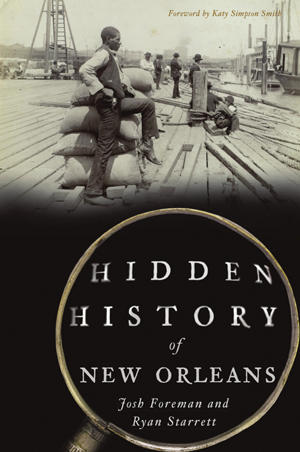When most of us think back to our childhood school days, we can also remember at least a handful of kids who thought history class was a drag. To them, history just seemed like a jumble of names and dates attached to events long over with and people long dead. What was the point of learning it at all?
They didn’t know then that history was one of the most important subjects they’d ever study. Here we’ll take a closer look at why history is important and explore why everyone should make it a point to study it in depth.
To Develop A Better Understanding Of The World
You can’t build a framework on which to base your life without understanding how things work in the world. History paints us a detailed picture of how society, technology, and government worked way back when so that we can better understand how it works now. It also helps us determine how to approach the future, as it allows us to learn from our past mistakes (and triumphs) as a society.
To Understand Ourselves
To understand who you are, you need to develop a sense of self. A large part of that is learning where you fit into the story of your country or the global community in the grand scheme of things. History tells you the story of how your nation, city, or community came to be everything that it is. It tells you where your ancestors came from and who they were. Most importantly of all, it gives you the ability to spot (and appreciate) the legacies you may have inherited from them.
To Learn To Understand Other People
History isn’t just an essential introduction to your own country, ethnic heritage, and ancestry. It’s also a valuable tool when it comes to understanding those who are different from us. Global, national, and regional history books help us understand how other cultures affect our own.
They encourage us to develop a greater appreciation for multicultural influences within our own communities as well – exactly why everyone should study African American history, immigrant history, and so forth, regardless of their own cultural background.
To Show A Working Understanding Of Change
It goes without saying that change can be a difficult concept to understand. Each of us has a different experience with the rest of the world – an experience shaped by societal norms, cultural differences, personal experiences, and more. We know when we as individuals crave change and why. History helps us better understand how, when, and why change occurs (or should be sought) on a larger scale.
To Give Us The Tools We Need To Be Decent Citizens
Good citizens are always informed citizens, and no one can consider himself to be an informed citizen without a working knowledge of history. This is the case whether we’re talking about our role in our community or in regards to our nation on the whole. History helps us become better voters and more effective members of any type of society. It helps put us in a position to better inform others as well.
To Make Us Better Decision Makers
“Those that do not learn history are doomed to repeat it.” Those words were first spoken by George Santayana, and they are still very relevant today because of how true they are. History gives us the opportunity to learn from past mistakes. It helps us understand the many reasons why people may behave the way they do. As a result, it helps us become more compassionate as people and more impartial as decision-makers. Our judicial system is a perfect example of this concept at work.
To Develop A New Level Of Appreciation For Just About Everything
History is more than just the living record of nations, leaders, and wars. It’s also the story of us. It’s packed with tales of how someone stood up for what they believed in, or died for love, or worked hard to make their dreams come true. All of those things are concepts we can relate to; it’s enriching to know that so could the likes of Abraham Lincoln, Thomas Jefferson, or Martin Luther King.
Plus, history is just plain interesting. Everything you like about your favorite movies, television shows, and fiction novels is yours to experience right here in reality when you study history. Explore the possibilities today and step into a whole new world that will change who you are forever.
Eager to learn more? Discover more books from Arcadia Publishing.



